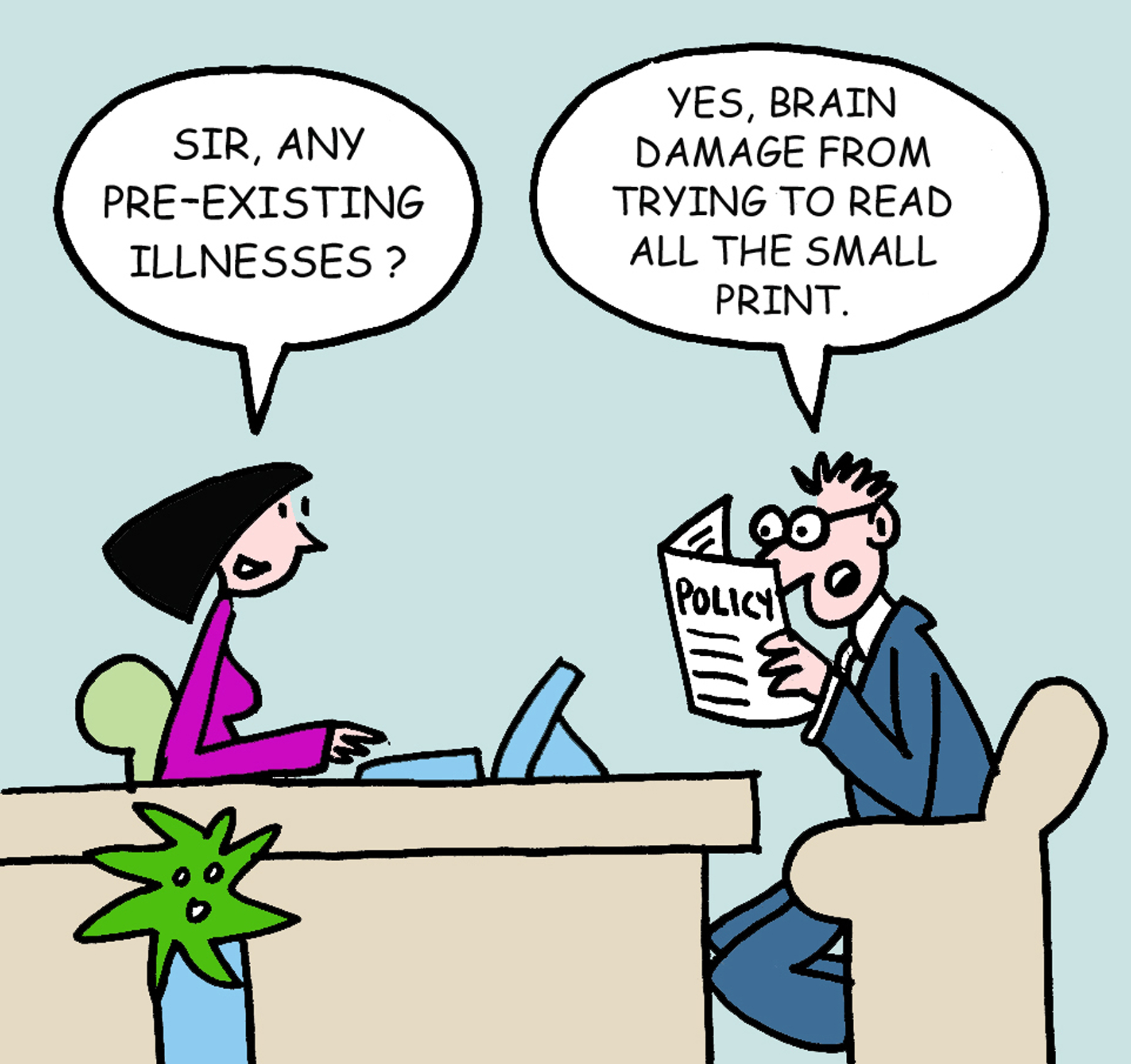DEAR INVESTOR JUAN
Dear Investor Juan,
I hope that my e-mail finds you well and patient for yet another question.
I have been a little concerned with the knowledge that my insurance plan is now owned by another insurance company, Philfirst. From my point of view, it just shows how fickle insurance companies are... Because of this, I have read several articles on how to check if your insurance company is stable.
First, they say, is to check with the insurance regulation commission, next is to check for financial ratings and financial statements,then listen for current news about the insurance company and then watch stock trends.
Most of these things are foreign to me. I don't know how to get those information or maybe what to make of it once I see it. The farthest I could go was to check that Phil first is indeed listed in the government insurance site. But what assurance can that give me (as you said) that the company would still be in business after 10 years?
I understand that this may be a decision I have to make for myself. I do not want to end up being another "CAP" victim and yet I also do not want to over worry myself for nothing. Would it be too much to ask if you give me your personal opinion about the matter i.e., what would you do if you were in my shoes?
I am not financially savvy as you may have well guessed from my emails but I just want to find a better way to know if my insurance company will still be there when my plan matures. I understand no one can guarantee an answer but isn't there a way to make a good guess, at the least?
Respectfully yours,
Anonymous
Dear Anonymous,
Hello again! Let's try to take a look at and think about things without having to bother with financial statements and all that boring stuff.
First, I don't think the offer (to retire your investment early) signals any trouble on the side of the new owners, as that comment of one of our readers seems to suggest: what it essentially is is the company's attempt to pare down its future obligations in an above-board manner as it tries to generate new sales from the purchase. Out of, say, thousands of policy holders, I'm pretty sure that more than a few will find the offer attractive enough to bite, especially since a lot of us still take the time value of money for granted or don't know how to apply it to situations outside the classroom. It's a strategy that is meant to boost the firm's value, and even if only a small proportion of plan holders accept the offer, it's a strategy that will have worked. In fact, since the offer actually decreases the risk that the firm will not be able to meet its future obligations, it actually works in favor of those who do not accept it.
Second, you would have to form an opinion about the new owners, namely Philfirst and STI. STI is more familiar to most of us: it has a solid business model which generates a lot of cash, although admittedly the computer and nursing education businesses are not as glittery as they once were. Philfirst, I'm not very familiar with, and less so the firm's controlling figure, Mr. Eusebio H. Tanco. The information on the group's website, though--assuming everything is true--should be able to allay some of your concerns. The group is supposedly awash in cash, and a big part of it is in a trust that no errant manager could be able to put his or her hands on. All this means that in terms of capacity to meet future obligations, Philplans seems to have enough to erase (at least some of) your worries.
Finally, I think it's unlikely that Philplans will be another CAP. First, while like CAP, Philplans is also in the pre-need educational plan business, unlike CAP (as far as I know), it's also into life insurance and HMOs. And unlike pre-need educational plans, where policy holders are certain to collect at a particular future date, risk is better spread in the life insurance and HMO businesses, which makes them more lucrative and less risky to both the insurer and policyholders. So even if, for whatever reason, Philplan's pre-need educational business tanks, life and HMO should be able to generate enough business to stem the bleeding of the company as a whole. Essentially, being diversified into revenue streams or businesses that are not perfectly correlated lessens the risk exposure of Philplans which customers would also benefit from.
Well, I guess that's the best I can do short of actually performing due diligence. Just to make myself clear, my personal opinion is that you reject the offer and stick with your plan.
Good luck, and I hope to hear from you again.

